Tx weeds are killing me, please help
greenthumbnick
13 years ago
Related Stories

EDIBLE GARDENSNatural Ways to Get Rid of Weeds in Your Garden
Use these techniques to help prevent the spread of weeds and to learn about your soil
Full Story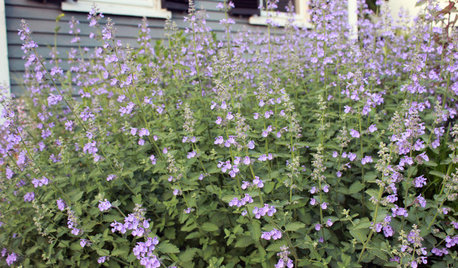
GARDENING GUIDES5 Weed-Smothering Ground Covers
Let these landscape plants do the dirty work of choking out weeds while you sit back and enjoy the view
Full Story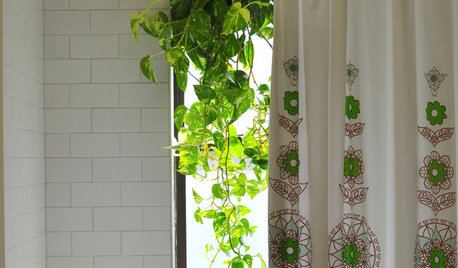
MOST POPULARThe Perfect Houseplant for People Who Kill Houseplants
If you can fill a jar with water, you can keep golden pothos vine happy — and it will pay you back with cleaner air and a greener home
Full Story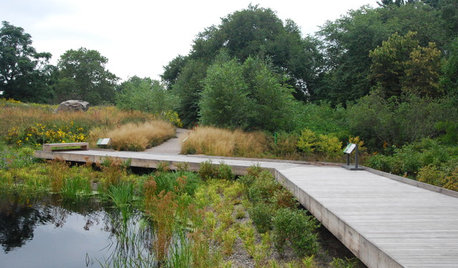
GARDENING GUIDESLet's Weed Out 4 Native Plant Myths
Plant wisely for a garden that supports pollinators and requires less work
Full Story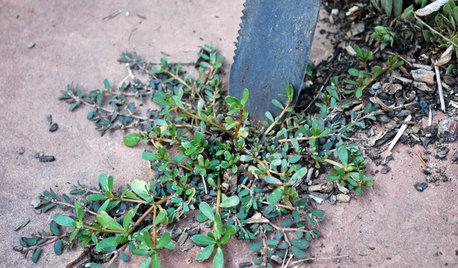
GARDENING GUIDES5 Ways to Naturally Win the Weed War
Show irksome weeds no mercy with these tricks for combating them sans chemicals
Full Story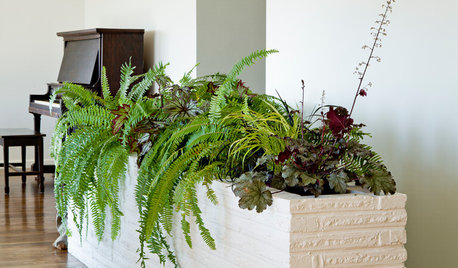
HOUSEPLANTS8 Houseplants You Can't Kill
They're forgiving and let you forget. Houseplants don't get any easier than this
Full Story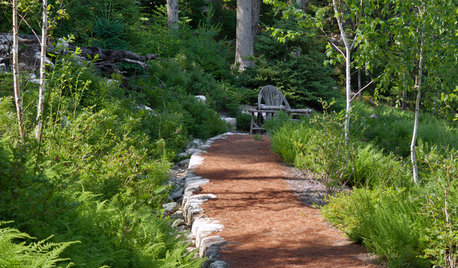
GARDENING GUIDES5 Things to Know About Weeding and Mulching Your Native Garden
What’s the best time to pull weeds? How thick should the mulch be? Here’s the scoop for a healthy landscape
Full Story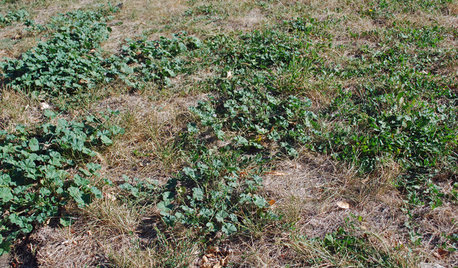
GARDENING GUIDESWeed War: When and How to Use Chemical Herbicides
Before you spray, arm yourself with knowledge about which weed killers — natural or synthetic — are right for your yard
Full Story
HOUSEPLANTSMother-in-Law's Tongue: Surprisingly Easy to Please
This low-maintenance, high-impact houseplant fits in with any design and can clear the air, too
Full Story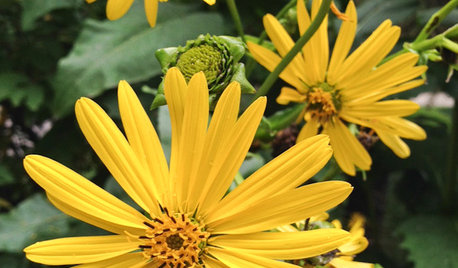
GARDENING GUIDESGreat Design Plant: Silphium Perfoliatum Pleases Wildlife
Cup plant provides structure, cover, food and water to help attract and sustain wildlife in the eastern North American garden
Full Story





greenthumbnickOriginal Author
taz6122
Related Professionals
Reading Landscape Architects & Landscape Designers · Clark Landscape Architects & Landscape Designers · Harrison Landscape Architects & Landscape Designers · Middle Island Landscape Architects & Landscape Designers · Barrington Landscape Contractors · Bridgeview Landscape Contractors · Hicksville Landscape Contractors · Lewisville Landscape Contractors · Longmont Landscape Contractors · Maywood Landscape Contractors · Milton Landscape Contractors · Ocoee Landscape Contractors · Plymouth Landscape Contractors · Oxon Hill Landscape Contractors · Fullerton Driveway Installation & Maintenancepnbrown
greenthumbnickOriginal Author
thisisme
gardendawgie
fruitnut Z7 4500ft SW TX
thisisme
fruitnut Z7 4500ft SW TX
hoodat
thisisme
fruitnut Z7 4500ft SW TX
thisisme
nc_crn
thisisme
borderbarb
Donna
Poppy Mark
Donna
sandhill_farms
taz6122
merrybookwyrm
franktank232
sandhill_farms
taz6122
promethean_spark
greenthumbnickOriginal Author
gpepper